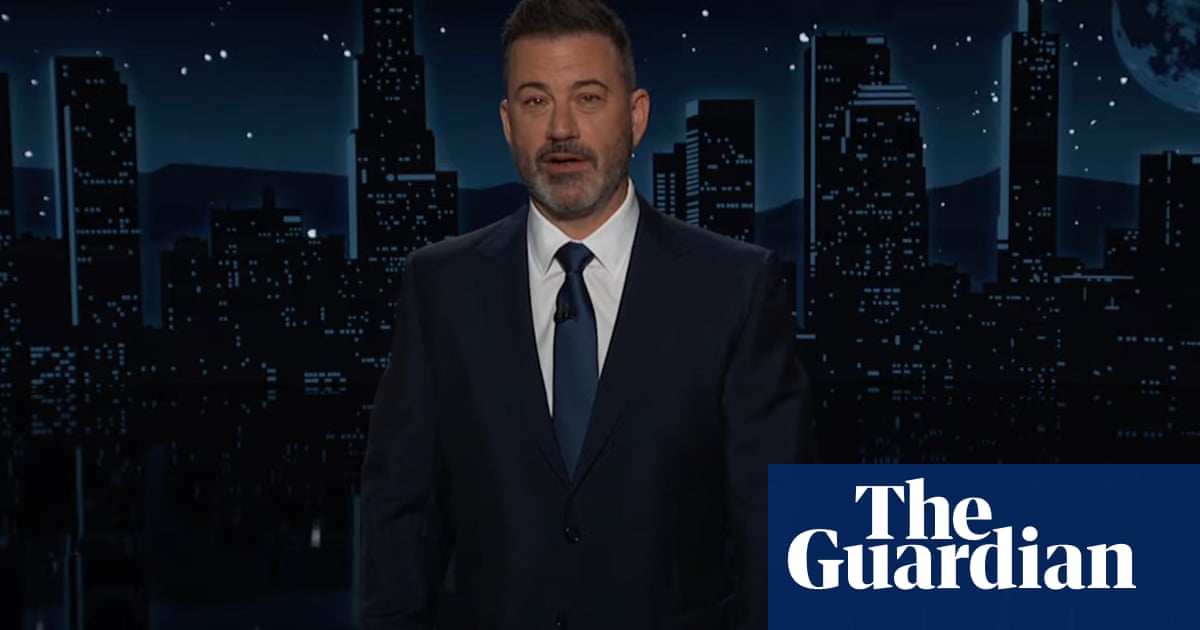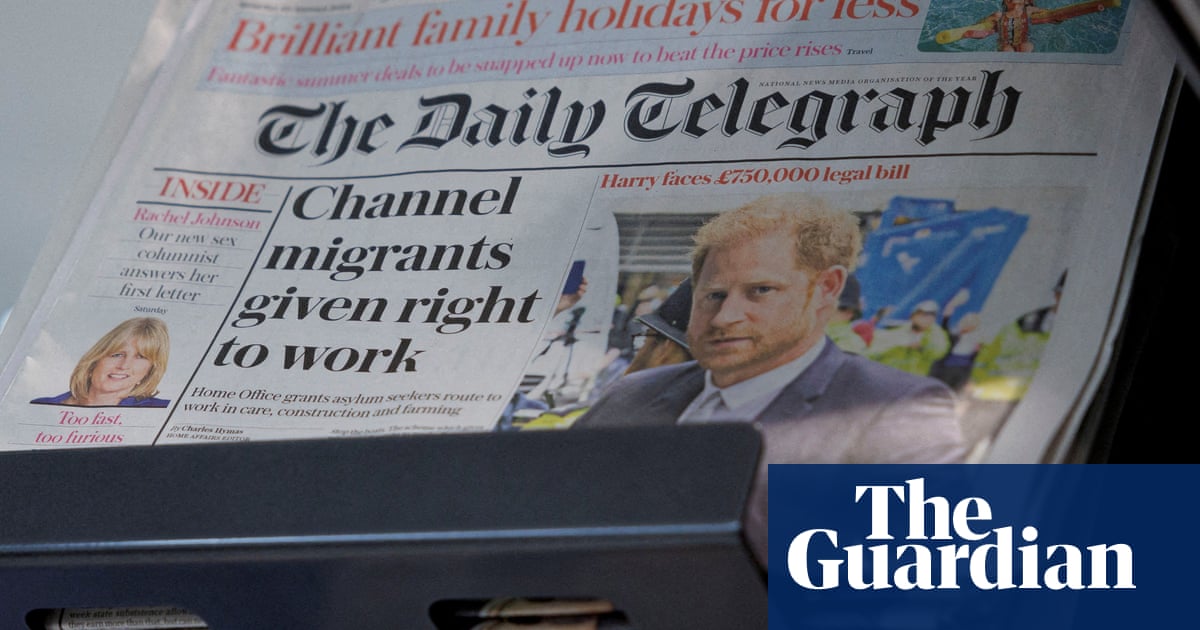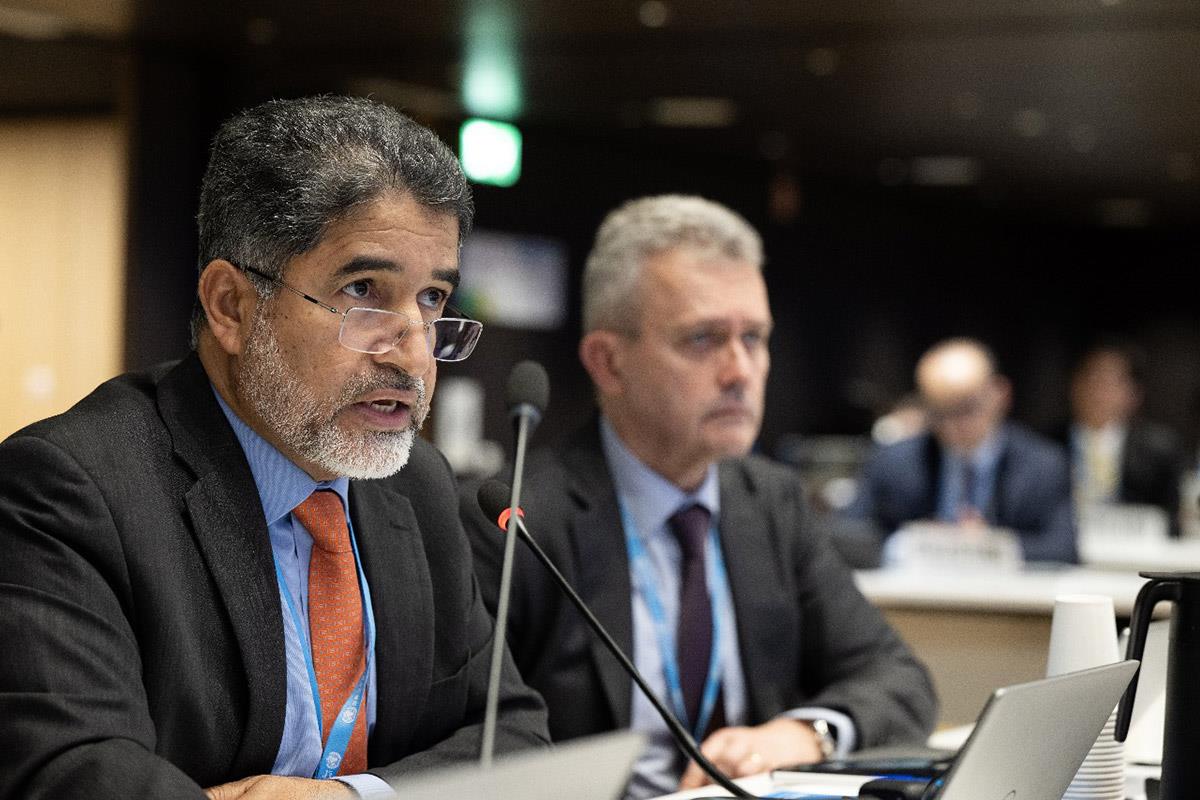
On Wednesday evening, I went to the Royal Festival Hall on London’s Southbank Centre to hear the Icelandic pianist, Víkingur Ólafsson, play Brahms’ Piano Concerto No 1, the tickets for which I’d booked aeons ago, in ignorance of the future significance of the date. Ólafsson’s marvellous name conjures someone ruggedly bearded, a tame puffin or guillemot perhaps sitting on the shoulder of his tufty jumper, when in fact he looks more like one of the cast of Mad Men. But either way, to see him on stage is incredibly exciting. He plays with such fervour, leaning into the orchestra whenever his fingers are idle, his body like a flag in high wind.
Ólafsson’s encore was immaculately well judged. “This is a prayer for the world,” he said, before giving the crowd his version of Ave Maria, composed by his countryman Sigvaldi Kaldalóns. Don’t worry: this isn’t one of those awful hopey, joy-is-a-strategy columns. We’re where we are now because one lot of people is wholly unable to imagine how another lot of people thinks; it would be sensible of me not to make any assumptions about how you felt last Wednesday.
But if you did (and do) feel glum, all I can say is that a sense of perspective is always useful. As I listened, I scrolled dates in my mind. Brahms composed his first piano concerto in 1858, following a period of great sorrow (the mental illness and death of his friend Robert Schumann), and here were 3,000 people drinking it in, rapt, 176 years later. The thought, almost as much as the music, lifted me up. No need even for a glass of something stiff in the interval.
A prize-winning turkey
To a party to celebrate another tonic: the publication of Box Office Poison, a hilarious history of Hollywood flops by Tim Robey.
My favourite chapter is devoted to Doctor Dolittle, starring Rex Harrison and so many animals that the set, carefully upholstered with plastic, had regularly to be hosed down with ammonia to rid it of their waste. What a fiasco!
Harrison was a famously unpleasant man, and I can’t think of him being forced to promote the movie by riding a giraffe for the cover of Life without laughing out loud (the giraffe in question had previously held up shooting for days, having reportedly stepped on its own penis). But while the film was undoubtedly a turkey, it did manage to win two Oscars at the 1968 Academy awards. One was for visual effects, and may be credited largely to the construction of a giant pink sea snail, a monster prop that weighed eight tonnes and cost $65,000 to build.
The following year, the same Oscar went to Stanley Kubrick’s 2001: A Space Odyssey, a decision on the part of the academy that was, as Robey puts it, the rough equivalent of “handing consecutive literary prizes to Dan Brown and Aeschylus”.
Cabin fever
In her budget speech, the chancellor, Rachel Reeves, made reference to “children in portacabins [sic] as school roofs crumble” – cue a social media campaign by a trademark-patrolling Portakabin in which children described how warm they found these supposedly temporary buildings. Hmm. Again, some things never change, and maybe Portakabins are one of them.
At my school, we had several, and now I think about it, they were quite toasty, though we all called them terrapins. The sixth-form terrapin, a luxurious quadruple-roomer with a kettle, smelled of Cup-a-Soup and the Body Shop’s White Musk, and it was to us the ne plus ultra of educational accommodations: a sign that we had made it, and would soon be on our way out.
Rachel Cooke is an Observer columnist












